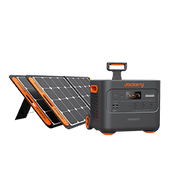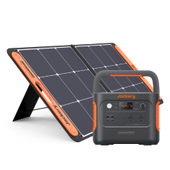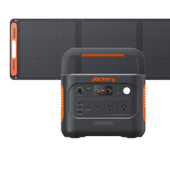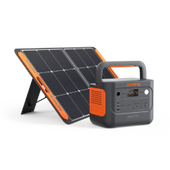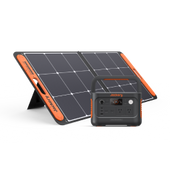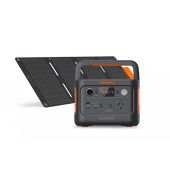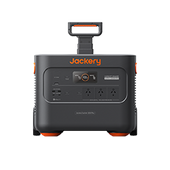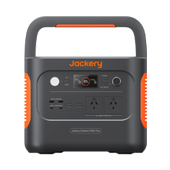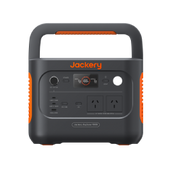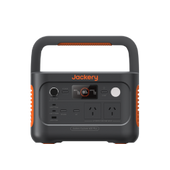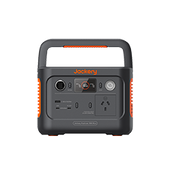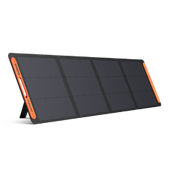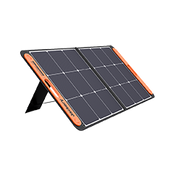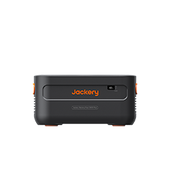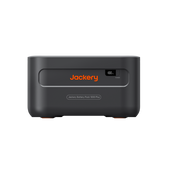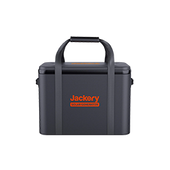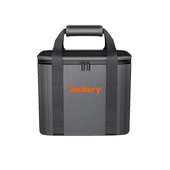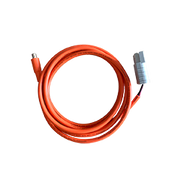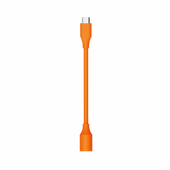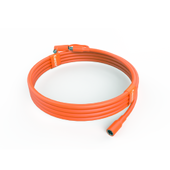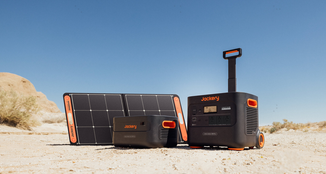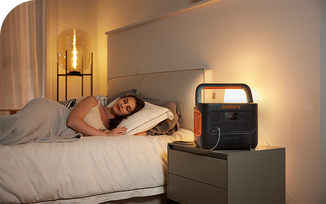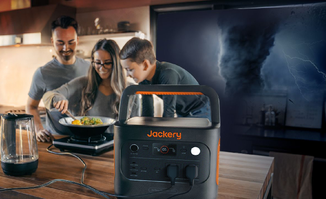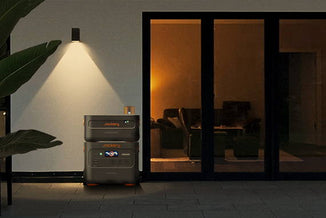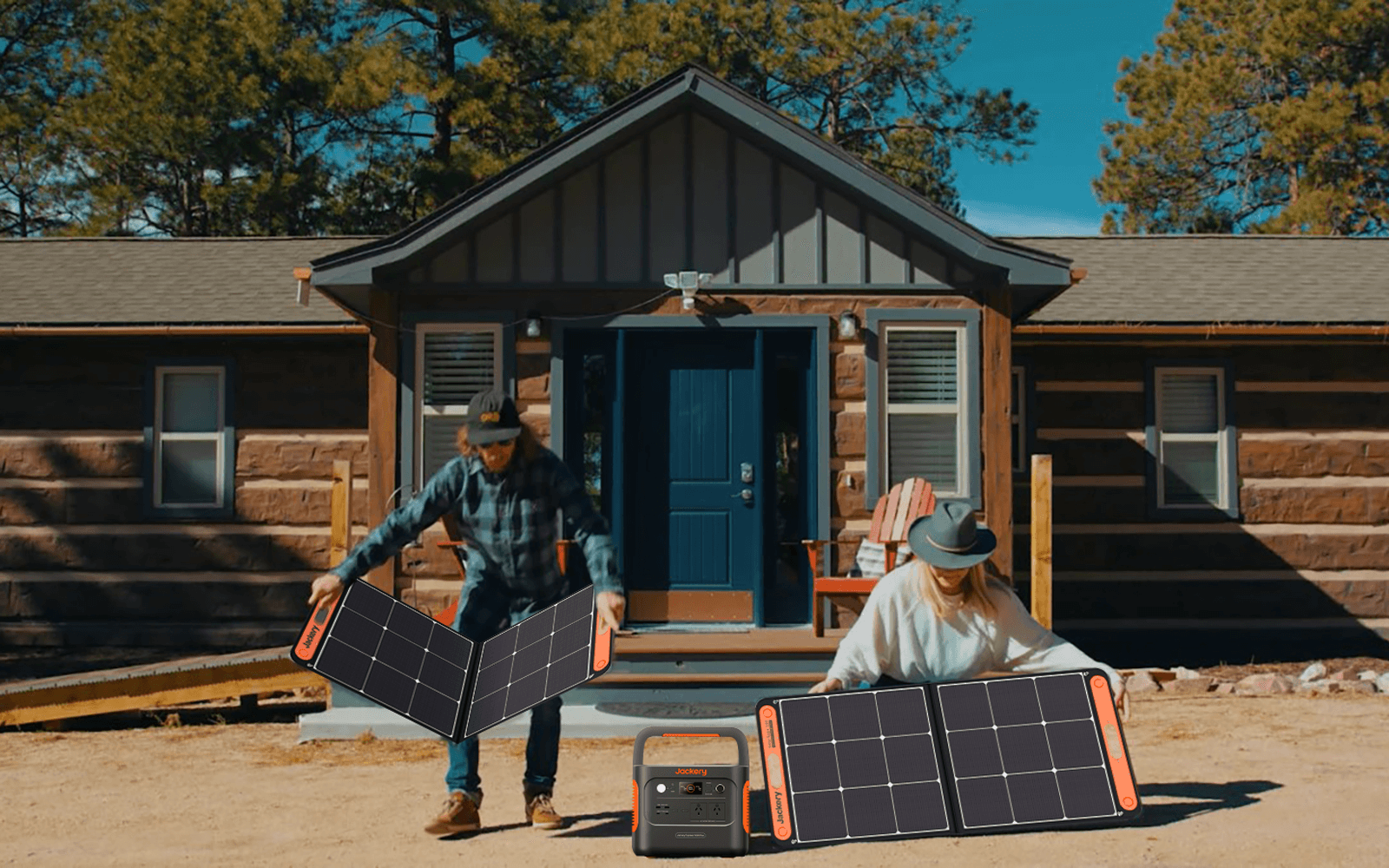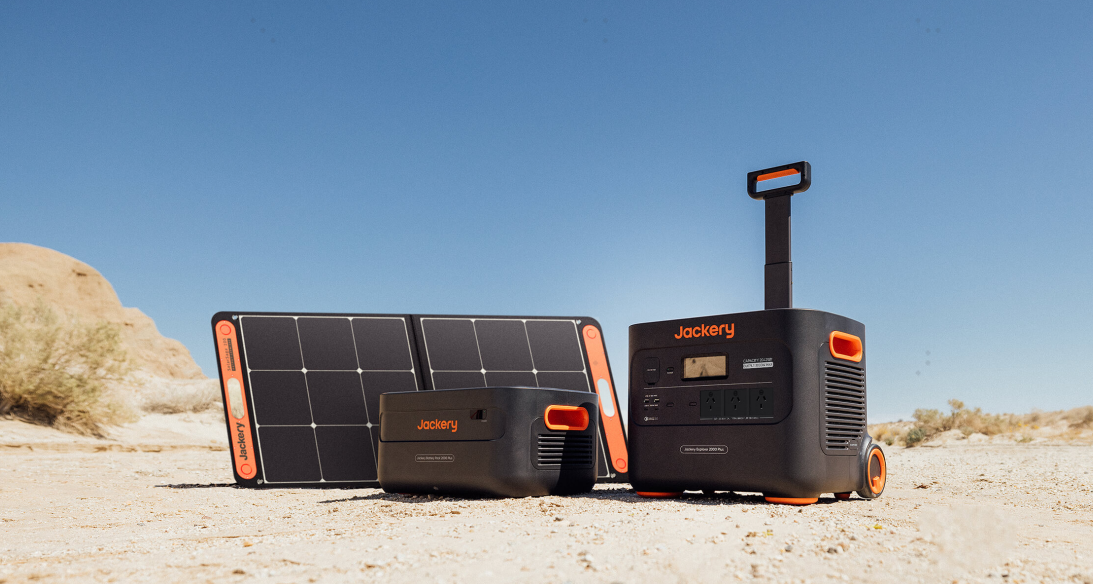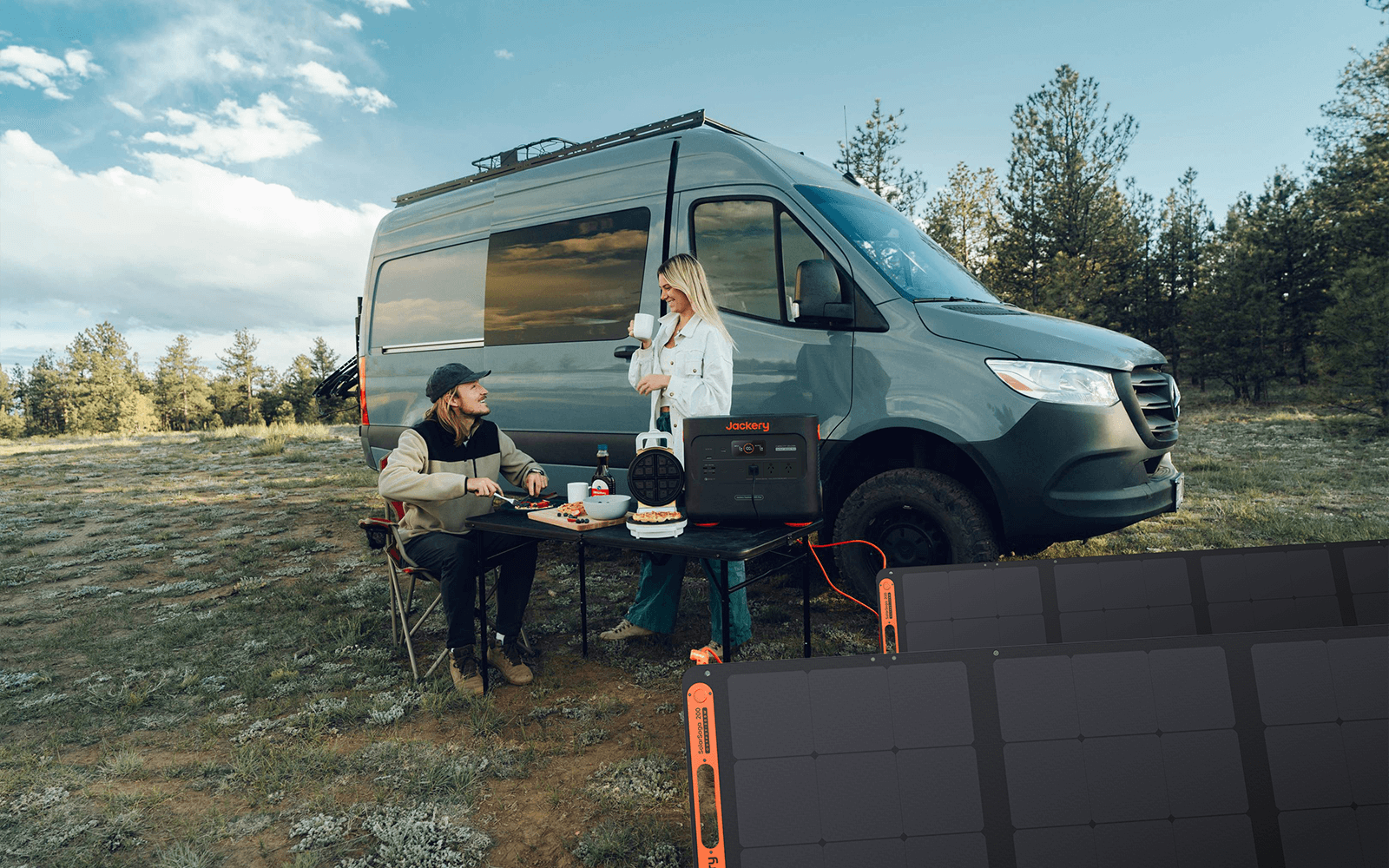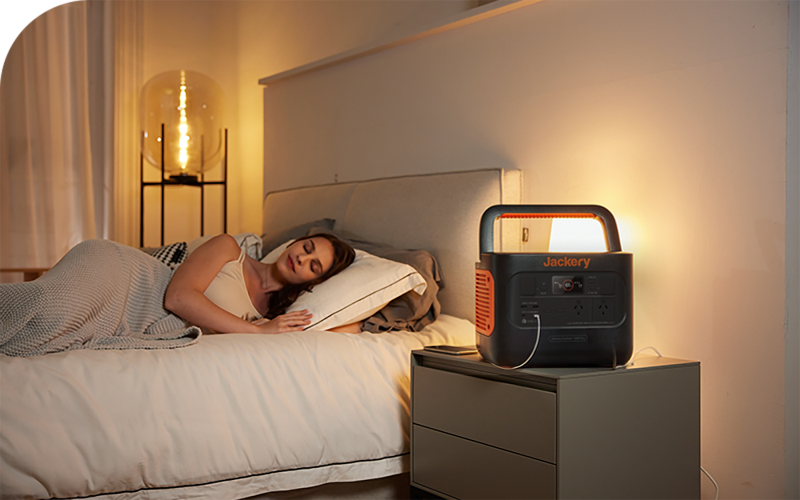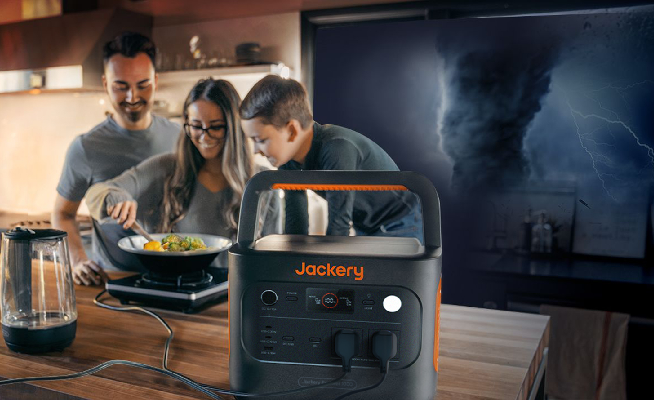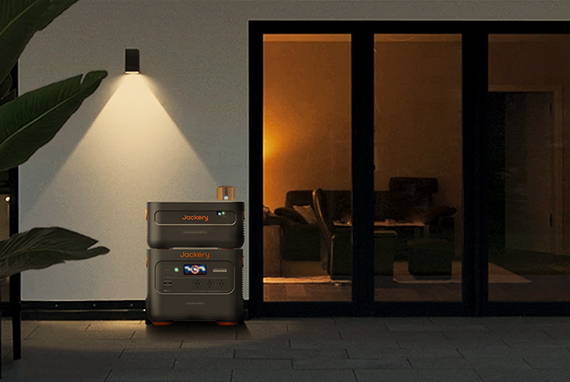Electricity Consumption of Common Electric Carpenters Tools
How to Calculate Electricity Costs?
Understanding your electricity consumption begins with knowing how much energy your carpenter's tools consume. For example, suppose an electric chainsaw consumes 2000 watts of electricity. (Consumption values vary depending on size, type and brand).
Suppose you use an electric drill that consumes 500 watts of electricity per hour and a power sander that also consumes 500 watts.
A carpenter who makes furniture by cutting Radiata, a type of pine that grows in Australia, uses these 3 tools as carpenters tools.
- electric chainsaw works for 2 hours: 2000 watts * 2 hours = 4000 watts
- electric drill works for 2 hours: 500 watts * 2 hours = 1000 watts
- power sanders work for 1 hour: 500 watts * 1 hour = 500 watts
- Your total electricity consumption = 5500 watts = 5kWh.
When calculating the total electricity consumption and its cost, we convert watts to kWh because bill calculations are calculated on kWh/hour in Australia.
The average price stated on the official Australian states changes between 25 to 45 cents per kilowatt-hour (kWh). However, remember that this figure is an average, so use the kWh/hour price on the electricity bill sent to your address for an exact calculation[1].
- 5kWh. * 25 cents = 1.37 AUD
In short, this is the cost you are charged for the electric tools you use as a carpenter. If you use lighting lamps, portable fans, laser meters, etc., during work, your electricity costs will increase even more.
Possible Carpenters Tools and Their Power Consumption
|
Tool |
Starting Wattage (W) |
Running Wattage (W) |
|
Circular Saw |
2400 |
1200 |
|
Edger |
2400 |
960 |
|
Drill |
1800 |
700 |
|
Electric Chainsaw |
2400 |
1200 |
|
Electric Lawn Mower |
4320 |
1440 |
|
Electric String Trimmer |
1500 |
600 |
|
Electric Pressure Washer |
3600 |
1200 |
|
Jig Saw |
1800 |
720 |
|
Miter Saw |
2100 |
840 |
|
Power Sander |
1000 |
500 |
|
Paint Sprayer |
1080 |
360 |
|
Planer |
2400 |
960 |
|
Router |
1500 |
600 |
|
Wet/Dry Vacuum |
2500 |
888 |
|
Water Pump |
3000 |
1000 |
|
Winch |
5400 |
1800 |
This table reflects the starting and running wattage for each carpenter’s tool, helping you understand power consumption for your carpentry needs.
Other Appliances in a Carpenter's Studio
In addition to common carpenters tools, other essential appliances and electronics in your studio can consume significant energy:
|
Appliance |
Power Range (Watts) |
|
Work Lights (LED) |
10 – 50 |
|
Vacuum Cleaners |
1,000 – 1,500 |
|
Computers |
100 – 400 |
|
Humidifiers |
30 – 100 |
|
Printers |
100 – 300 |
|
Routers |
10 – 50 |
These non-tool appliances add up to your overall electricity bill, especially if they are running for extended periods.
Saving Electricity in a Carpenter's Studio With Following 8 Strategies
1. Differentiate Between Essential and Non-Essential Tools
One of the only ways to keep energy in a chippie's studio is with the aid of differentiating between essential and non-essential woodworker gear. Not every device in your workshop wishes to always be powered on. Prioritize high-efficiency carpenters tools for tasks that demand constant operation. It's important to evaluate the power consumption of all carpenters tools you purchase. Choosing tools with lower wattage can significantly impact your overall electricity consumption.
2. Install More Energy-Efficient LED Lighting
A properly-lit studio is important for precision paintings, but lighting fixtures may be a major electricity drain. Replacing traditional bulbs with LED lighting can cut your electricity prices drastically while supplying the essential brightness for the correct use of your woodworker's equipment. LED lighting fixtures consume a ways much less power and last longer than incandescent bulbs, meaning fewer replacements and lower usual costs. You'll create a more cushy and efficient workspace with better, brighter, and more efficient lighting.
3. Use Energy-Efficient Power Tools
Investing in strength-efficient carpenter equipment is a smart solution for lowering strength intake over a lengthy period. Many present-day energy gears are designed to use much less strength whilst turning in excessive performance. For instance, cordless tools with energy-efficient motors consume less power than older, corded models. Consider upgrading to carpenters tools that offer energy-saving features, like automatic shutoff when not in use. By making this switch, you can continue to operate your workshop effectively while minimizing your energy costs, ensuring that both your work and budget benefit in the long run.
4. Purchase Solar Generators
Solar generators are ideal for carpenters who are constantly on the move or running in places without reliable access to energy. They provide a renewable source of strength to energy your essential carpenters tools. An essential gain of solar generators is their expandability, allowing you to save greater energy for larger initiatives. Portable solar generators, like the ones from Jackery, make it clear to move your power source alongside your chippie's equipment.
5. Optimize Usage Habits and Workflow
You can optimize your workflow and work more efficiently by figuring out an appropriate order of how and when you may use your carpentry equipment. Grouping similar responsibilities together, including cutting or drilling, reduces the need to constantly transfer between tools, cutting down needless electricity use. Additionally, plan your workday to keep away from walking more than one excessive energy carpenter tool simultaneously, as this spikes power intake.
6. Regular Maintenance and Inspection
Regular renovation ensures that your carpenters tools are working at top performance, which in turn reduces power intake. Tools that are not well maintained have a tendency to apply extra energy to carry out equal obligations, costing you more in power payments. For example, a dull blade in a notice calls for extra effort and electricity to be reduced via timber. By routinely analyzing and maintaining your carpenter tools, including lubricating parts or cleansing filters, you could make certain that they devour less strength and remain longer, resulting in each power’s financial savings and decreasing tool replacement costs.
7. Work During Off-Peak Hours
Many electricity businesses offer lower electricity quotes in the course of off-top hours, which may be an outstanding opportunity for carpenters to save on their energy payments. By scheduling the usage of woodworker equipment all through these intervals, you could gain decreased energy rates. Off-height hours commonly arise at some stage in early mornings or past due evenings, which could healthy well along with your workflow.
8. Monitor Electricity Usage
Tracking how much strength your woodworker's equipment and other home equipment eat is critical for identifying areas where you could cut returned. Install electricity monitors in your workshop to benefit actual-time insights into the strength utilization of each device. By reading these records, you could adjust your strategy to ensure that your carpenters tools are used more effectively.
The Utility of a Solar Generator in a Carpenter's Workshop
Carpentry workshops range from small home studios to large-scale operations. Solar generators have many benefits to ensure the smooth running of your carpenters tools. Below are six key benefits that solar generators bring to a carpenter's workshop.

1. Energy Self-sufficiency
Solar generators provide self-sufficient energy. It allows carpenters to work off-grid or during power outages without disrupting the workflow. This is especially useful in remote locations where electricity is not available. Solar generators make it possible to maintain production capacity under any conditions. By ensuring an uninterrupted power supply for essential carpentry tools.
2. Grid Friendly
Solar generators are a grid-friendly option for powering carpenters tools. They reduce reliance on the traditional electrical grid. By producing and storing renewable energy, carpenters can reduce their environmental impact and energy costs. This means you can run your workshop more sustainably and still get consistent power.
3. Energy Storage Capacity
One of the key advantages of solar generators is their ability to store energy. This allows excess energy created during sunlight hours to be stored and used later. This ensures that your carpentry tools have enough power throughout the day. This is especially useful for large carpentry jobs that require consistent power for multiple tools at once.
4. Portability
For mobile carpenters, Portability is a key advantage. Solar generators are compact and easy to move. This makes it ideal for job sites or on-the-go operations. Having a portable power source gives you access to essential carpentry tools from anywhere. Giving you more flexibility in your work.
5. Environmental and Economic Benefits
Solar generators produce zero emissions, making them an environmentally pleasant preference for carpenters looking to reduce their carbon footprint. Additionally, they offer big, lengthy-term financial advantages. With solar energy, you'll keep on electricity and shield yourself from fluctuating electricity charges, making your workshop extra fee-green in the end.
6. Market and Policy Support
Many governments and nearby governments are providing incentives and monetary support for companies adopting renewable energy answers. This makes it easier for carpenters to spend money on sun generators. With a growing market and policy guide, now could be the precise time to combine solar power into your workshop, supplying you with a competitive edge whilst benefiting from to-be-had subsidies.
Empowering Carpenters with Jackery Solar Generators
At Jackery, we are dedicated to providing innovative energy solutions that help you save energy while reducing your environmental impact. Our solar generators are designed to meet the unique needs of carpenters, whether you need a powerful solution for large appliances or a lightweight and portable option for mobile work. We stock our two hot-sale products: Jackery Solar Generator 2000 Plus and Jackery Solar Generator 600 Plus.
Jackery Solar Generator 2000 Plus - Power Heavy Equipment
Carpenters need a reliable power source for their heavy-duty equipment, especially in their carpentry shop. Jackery Solar Generator 2000 Plus has an impressive power capacity of 2000 watts and is ready to power base tools at your carpenter's shop. Our technology ensures you have sufficient energy, even in off-grid environments or during unexpected power outages. It's expandable; you can upgrade it by adding extra batteries up to 12kWh. It has 3x AC Outputs, 2x USB-C and 2x USB-A output

Jackery Solar Generator 600 Plus - Portable and Lightweight Needs
For those who need flexibility and Portability, our Jackery Solar Generator 600 Plus is the appropriate choice. This generator is designed for carpenters who are continuously at the flow or operating in far-off places. Despite its lightweight and compact layout, the Jackery Solar Generator 600 Plus offers ample energy to run essential carpenters tools like drills and mini chainsaws. With our solar era, you can effortlessly transport your electricity supply anywhere your paintings take you, making sure that you in no way run out of electricity whilst preserving an eco-friendly method.

Conclusion
As Jackery, we provide the mobile energy needed for carpenters tools with solar generators of different capacities suitable for every need. By investing in a solar generator, you can save money by producing your own electricity in your carpentry shop and work uninterruptedly with the mobile energy you need for remote work. We invite you to visit our website to learn more about how Jackery can help power your tools while protecting the environment.
Reference:
- Average electricity costs in Australia. Available at: https://www.compareenergy.com.au/knowledge-centre/electricity/average-electricity-costs-in-australia(Accessed:19 September 2024)

